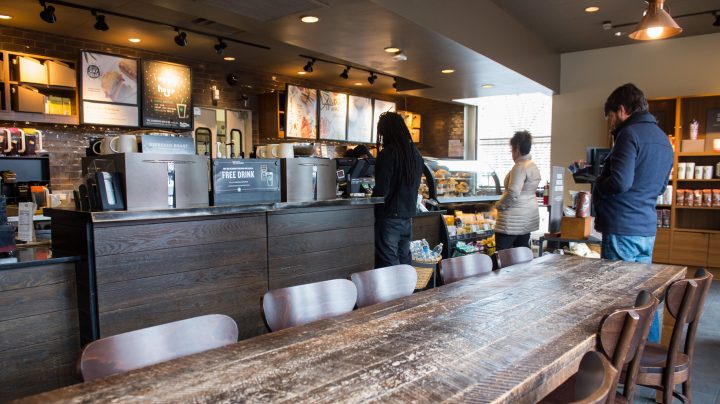
Consumers say they’re worried about the economy, but retail sales are strong
Consumers say they’re worried about the economy, but retail sales are strong

Things in the economy are a bit confusing right now. And it seems like consumers are a bit confused too.
Earlier this week, we learned that retail sales are surprisingly strong, with people still spending money on cars, furniture and electronics. Meanwhile, surveys are still showing people are worried about inflation and the economy. A new one from PwC says 96% of consumers intend to adopt cost-saving behaviors over the next six months.
In other words, there’s a disconnect between what people say and what they do. What gives?
When times get uncertain, people look for ways to trim some fat. Colin Jordan of Scottsdale, Arizona, recently left a blockchain startup to open his own marketing company. For him? The fat is his lunch, which just so happens to be a salad.
“Now I have to, you know, get up a little bit earlier, make something for breakfast, make something for lunch,” he said. “You know, we save a lot of money that way.”
Saving, with plans to spend. His family is taking a trip to Europe soon. It was originally for his grandma’s 80th birthday, but it was postponed because of COVID-19. She just turned 83.
“Who knows when we’d get to be able to do this again? So I will eat ramen for the next six months if I have to,” Jordan said.
We’re still reeling from the pandemic, and it shows up in how we spend money. We’ve been living through three years of economic craziness, said Joanne Hsu, who directs the Surveys of Consumers at the University of Michigan.
“We have this period of pandemic, inflation, all this uncertainty, political polarization,” she said.
How tiring, because we’ve had our defenses up for so long, and how confusing, because we’re bracing for a recession while unemployment is historically low. This is why there’s a mismatch between what we say and what we do, Hsu said.
“Because consumers aren’t responding to just one slice of the economy,” she said. “They’re responding to their entire experience.”
That’s why you might fall into this pattern of budgeting while splurging.
“For example, if you stop eating out in an upscale restaurant, that suddenly allows you to spend more money on DoorDash,” said Ravi Dhar, who directs the Yale Center for Customer Insights.
This can lead to saving, Dhar said — but also to more spending, like on a cup of coffee or a tube of lipstick. “And affordable luxuries as they call them, they can actually increase in sales because of the stressful moments that people have in their lives,” he said.
Save money by staying in on a Friday night and lighting that new lavender candle you bought to make yourself feel better? Just a hypothetical. But hey, it makes sense to me.
There’s a lot happening in the world. Through it all, Marketplace is here for you.
You rely on Marketplace to break down the world’s events and tell you how it affects you in a fact-based, approachable way. We rely on your financial support to keep making that possible.
Your donation today powers the independent journalism that you rely on. For just $5/month, you can help sustain Marketplace so we can keep reporting on the things that matter to you.

















